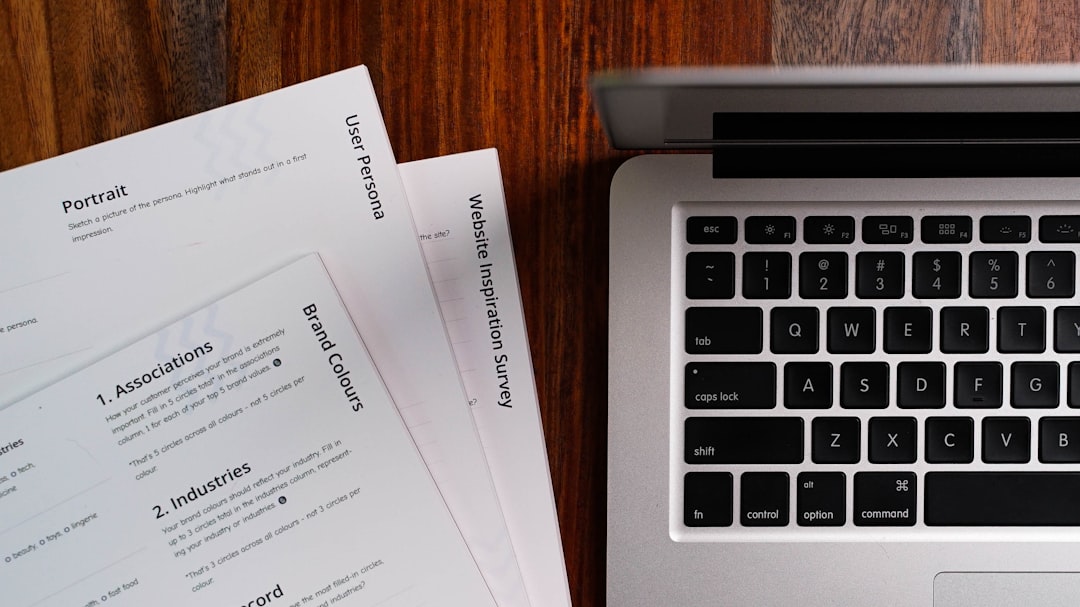With the increasing complexity of tax regulations and the growing demand for error-free financial bookkeeping, professionals are turning to advanced AI tools to enhance accuracy and efficiency. One such tool making a significant impact is ChatGPT. Designed originally as a conversational assistant, its capabilities have expanded into the realm of deep research, financial analysis, and automation support. ChatGPT now plays a pivotal role in streamlining operations for accountants, tax consultants, and bookkeeping professionals around the globe.
ChatGPT’s advanced language model allows it to scour large volumes of data, tax codes, and financial documents in mere seconds. This enables professionals to access a wealth of reliable and up-to-date information, allowing for smarter decision-making and faster client responses.
How ChatGPT Enhances Tax Research
Tax professionals face challenges like rapidly changing tax laws, jurisdiction-specific regulations, and a sheer volume of case studies and precedents to consider. ChatGPT addresses these hurdles by providing:
- Real-time regulation updates: ChatGPT can summarize the latest updates from official sources such as IRS bulletins, government publications, and financial news outlets.
- Contextual interpretation: Instead of just listing rules, ChatGPT analyzes and explains complex clauses in a user-friendly manner.
- Scenario planning: Professionals can input variables to explore tax implications for individuals and businesses under different filing statuses, deductions, or income types.

Because of its conversational interface, ChatGPT can be used as a real-time assistant when professionals are working through problematic tax scenarios. Users can refine and deepen their inquiries gradually to unearth nuanced information that might be buried in textbooks or government portals.
Bookkeeping Support through ChatGPT
Bookkeeping often involves labor-intensive data entry, reconciliation, and reporting. While traditional software aids this process, ChatGPT adds a new layer of assistance through:
- Template creation: Users can generate balance sheets, income statements, and ledgers by simply describing what they need.
- Error detection assistance: ChatGPT can analyze sample transactions or financial records and spot potential discrepancies based on accounting principles.
- Integration assistance: It can help users integrate APIs, synchronize with software like QuickBooks, and even generate custom scripts for automation tasks.
Bookkeepers, particularly those working with small businesses or freelance clients, benefit from ChatGPT by reducing time spent on routine tasks. This allows them to focus more on advisory roles and financial insights, ultimately adding more value to clients.

Use Cases and Real-World Applications
Several industry professionals have already integrated ChatGPT into their workflows with significant results.
- A tax consultant uses ChatGPT to provide clients with instant advisory on expected refunds, deductible investments, and tax-saving strategies.
- An accounting firm leverages ChatGPT to generate personalized email communications for each client with monthly financial summaries automatically tailored to their data.
- A freelance bookkeeper creates customized financial templates and client onboarding documentation using AI prompts.
These practical applications show that ChatGPT is more than just a chatbot; it’s a dynamic business research partner ready to assist professionals at any scale.
Security and Compliance Considerations
Of course, it’s critical to prioritize confidentiality and data protection while using AI tools. Professionals must avoid inputting sensitive client data and should instead use hypothetical or anonymized information when interacting with ChatGPT. Many firms are also opting for enterprise-level solutions that offer better data encryption and internal access control measures.
FAQs
- Q: Can ChatGPT replace a tax advisor?
A: No. ChatGPT is a powerful tool to assist advisors but doesn’t replace professional judgment or legally binding advice. - Q: How accurate is ChatGPT in interpreting tax rules?
A: While highly accurate in parsing written information, it’s still recommended to cross-reference insights with official resources or a certified professional. - Q: Can ChatGPT help with international tax queries?
A: Yes, provided there’s available data. ChatGPT can explain general principles or refer to country-specific guidelines but may not always have the latest legislation updates from every jurisdiction. - Q: Is it safe to use ChatGPT for confidential financial data?
A: Users should avoid sharing sensitive information in public AI interfaces. Use enterprise solutions or maintain anonymization for secure research. - Q: Can ChatGPT draft emails, reports, or financial summaries?
A: Absolutely. ChatGPT can assist in drafting client communications, executive summaries, and customized templates based on user input.
Empowered by deep learning and natural language processing, ChatGPT is reshaping how tax and bookkeeping professionals operate. It’s not just about automation—it’s about augmented intelligence and redefining what’s possible in financial services.




